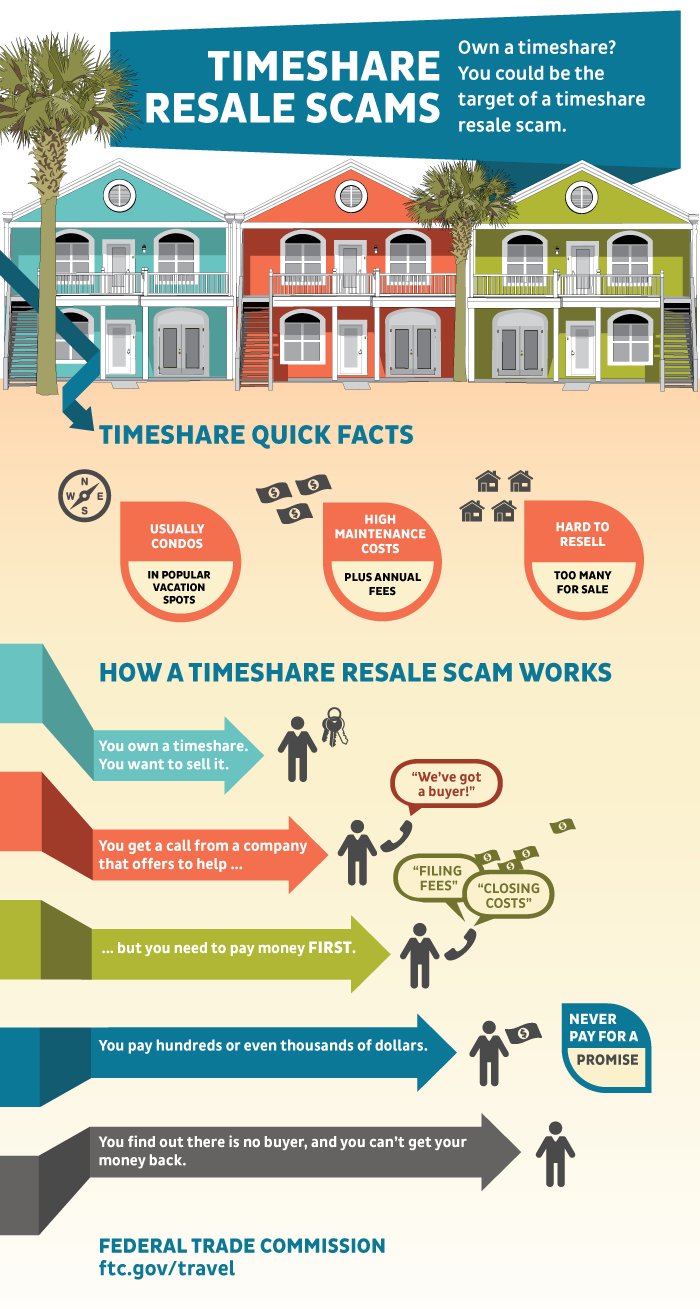A family member of anyone who has an ownership interest in the house. This holds true unless the household member utilizes the house as his/her main home and pays reasonable rental worth. Household members include: Sibling and sis Half bros and half sis Partners Lineal ancestors like parents or grandparents Lineal descendants like children or grandchildren Anyone who pays less than fair rental worth to utilize the house. This doesn't apply to an employee who uses the house as accommodations at the owner/ employer's benefit (where to post timeshare rentals). Anybody who uses the house under a home-exchange plan with the owner.
An occupant paying fair rental value might permit the owner to remain in the home. If so, the time is thought about personal use when deciding if the dwelling is a house. When figuring the ratio for prorating expenditures, the time is counted as rental use. (See Rental-use time listed below.) Any time you spend at the house repairing and keeping it does not count as personal-use time. You should count the number of days of rental use to figure the ratio to prorate expenditures. Rental usage is any day you lease the residence at a reasonable rental value. So, you can only count the days when you really get rent payment to figure the ratio.
This technique applies to all rental expenditures. If you lease your house for a minimum of 15 days and the days of personal-use certify your house as a residence, vacation-home guidelines apply. These rules restrict deductible costs to rental earnings. You need to deduct expenditures in this particular order: The rental portion of: Certified home mortgage interest Real-estate taxes Casualty losses These costs are deductible under the normal guidelines. You can just deduct the rental portion from rental earnings. The individual part is deductible on Schedule A and based on the usual guidelines. Rental expenses directly related to the rental residential or commercial property itself, including: Advertising Commissions Legal costs Workplace supplies Costs associated with running and preserving the rental property.

This includes interest that doesn't certify as house mortgage interest. Devaluation and other basis changes to the house. You'll deduct these up to the quantity of rental earnings minus the reductions for items in 1, 2, and 3 above. This consists of things like improvements and furnishings. To learn how to figure your deductions, see Worksheet 5-1 and its guidelines in Publication 527: Residential Rental Home at www. irs.gov. You can carry over expenditures you can't deduct due to the rental income limit. You can utilize the carryover in among these time periods: First year you have enough income from the property When you offer the residential or commercial property You might not have personally utilized the home enough time for it to be classified as a house.
You must utilize this ratio to prorate your costs: Variety of days of rental usage/ Overall variety of days used for business and personal functions Nevertheless, deductions for costs aren't limited by rental income. You can utilize a rental loss to offset other income. This undergoes the normal passive-activity loss restrictions.
As your timeshare costs grow, you might be wondering how it all suits your tax image. Fortunately is that some of your timeshare costs are tax deductible. But others are not. To be sure you know what can and can't be crossed out, let's break down the legal tax reductions for your timeshare. Perhaps the only thing you ever got out of your timeshare was an annual week somewhere stunning and a break from all your problems. But if you resemble most owners, you probably wound up borrowing money to get a timeshare in the first place. And let's be honestit's hard to enjoy the beach when you're drowning in debt.
The smart Trick of How To Get A Timeshare Presentation That Nobody is Discussing
However. Here's something to lighten the load a little: If your timeshare loan is secured, the interest you paid on it will normally be tax deductible! However what does "protected" suggest? In case you do not know the difference from the original purchase loan, a protected loan is either: A home equity http://rylansqiq493.theburnward.com/some-known-details-about-how-do-you-get-rid-of-a-timeshare loan you obtain against your main home to fund a timeshare, or. A loan that utilizes your deeded timeshare week as the security, or security, for the loan. If you have actually a secured loan for your timeshare, you can write the interest off. We never ever suggest financial obligation, however if your loan is secured, you can at least alleviate what is timeshare means a little bit of the monetary pain by composing off the interest.
( Naturally there is.) You will not usually be able to subtract the interest paid if your timeshare week is through a long-term lease, likewise called a "right-to-use" or "points-based" arrangement. To guarantee you'll have the ability to make the most of this deduction when filing, be sure your deeded week appears in the loan document as the security for the loan. If it does not, be prepared to get a file from the seller how can i get out of timeshare contract plainly mentioning that your deeded week is the loan's security. Sorry to say, your upkeep costs are not deductible. The resort where you have a timeshare uses these costs to pay for whatever from landscaping to amenities and organization expenses, and the average annual expense is around $1,000.1 In case you have not discovered, fees tend to rise by 5% a year.